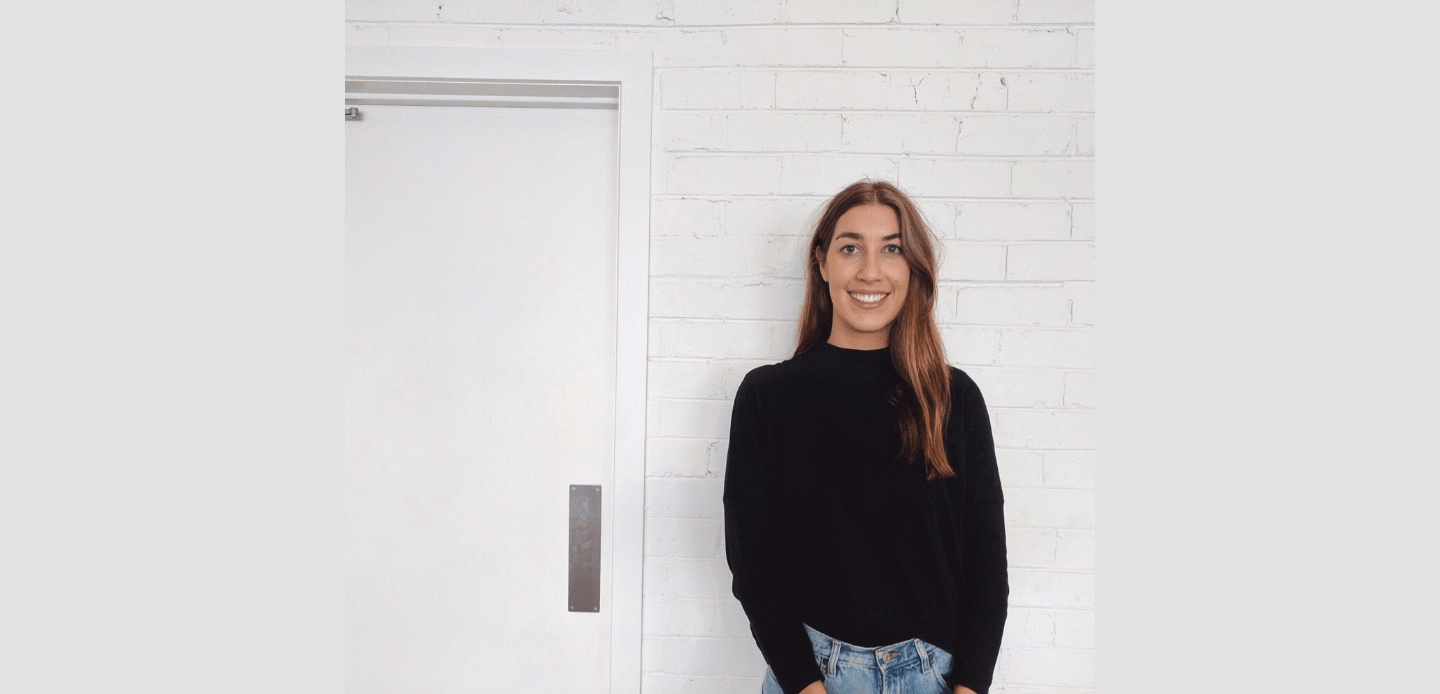Take in some wisdom from the insightful Lucinda Poole, contributor to buddhify and buddhify kids

By Dana Jaffe
Recently, our editor Dana Jaffe sat down with each of the buddhify teachers to find out what they’re all about. Here she talks with Lucinda Poole about her start as a meditator, mindfulness coaching, meditation tips for beginners, and book recommendations.
I was introduced to meditation through yoga. My mum is a yogi and she got me to start practicing when I was in my Honours year of Psychology, which is a pretty stressful year. I found yoga to be hugely helpful in managing stress and anxiety and cultivating a sense of groundedness and balance. Savasana was my favourite part of yoga, and one of my favourite teachers was particularly mindfulness-minded which inspired me to establish a regular mindfulness meditation practice. I used apps initially, one of my favourites being buddhify! Now, I usually self guide.
Writing meditations scripts is one of my favourite things to do so having the opportunity to sit down and create scripts for kids was a highlight of my year. I loved it. It was also pretty fun going into the recording studio and voicing tracks — definitely not something I had done before and I had a ball.
Mindfulness coaching is individual (one-on-one) mindfulness skills training. It is distinct from psychological therapy because it is strictly skills-based rather than formal psychological treatment, which includes assessment, formulation, and intervention. In mindfulness coaching, we work through different formal and informal mindfulness practices, with the aim being to develop the skills to manage everyday life stressors as well as establish a regular mindfulness practice. The key focus of the teaching is to be more mindful generally in everyday life, including at work, at home, and in their relationships.
The most common question or misconception in mindfulness meditation is along the lines of ‘How do I clear my mind?’ Mindfulness is not about clearing the mind of thoughts or blocking out unwanted thoughts, it is about learning to allow thoughts to come and go, and adopting an observer stance so that one is watching his or her thoughts rather than thinking his or her thoughts.
Don’t fret over ‘unsuccessful’ practices where the mind wanders more than it doesn’t. Be okay with the variation and unpredictability of the wandering mind — some days it is calm, present, and focused, others it is jumping all over the place. This is okay! The basic premise of mindfulness meditation is to become aware of the present moment.
I am a very social person and so to unwind I often catch up with friends. Friends are a huge part of my life, and I see them as so important in my work/life balance.
My favourite mindfulness book is The Miracle of Mindfulness by Thich Nhat Hanh. It’s very small, easy to read, and describes mindfulness in a beautifully simplistic way. I don’t go anywhere without it!
After completing nine straight years of university, I’ve decided to move to Amsterdam for a year for a bit of fun! I have always wanted to live in Europe and so I have chosen Amsterdam because it is vibrant, progressive, into mindfulness and positive psychology, and relatively English speaking. I plan to engross myself in Dutch culture and learn as much as I can about the beautiful Netherlands. I am also planning to continue studying/upskilling in mindfulness, as well as travel around Europe throughout the year.
Regarding my buddhify tracks, I leave quite long pauses between instructions as to expect that your mind will wander. There is intentionally a little less direction than other tracks. It is my belief that the work is done between instructions, so just be calm, persistent, and gentle in bringing your focus back again and again.
We met Lucinda via The Mind Room, an innovative psychology practice in Melbourne, Australia where she used to work. With training in a wide range of therapeutic approaches, the core of her work is in mindfulness meditation. Now based in Amsterdam, she has previously worked for the Australia-based kids meditation app Smiling Mind.
You can experience Lucinda’s contributions to buddhify through the meditations for Waking Up I and Waking Up II as well as on tracks for In the Morning, In the Car, and Growing Steadiness on buddhify kids.